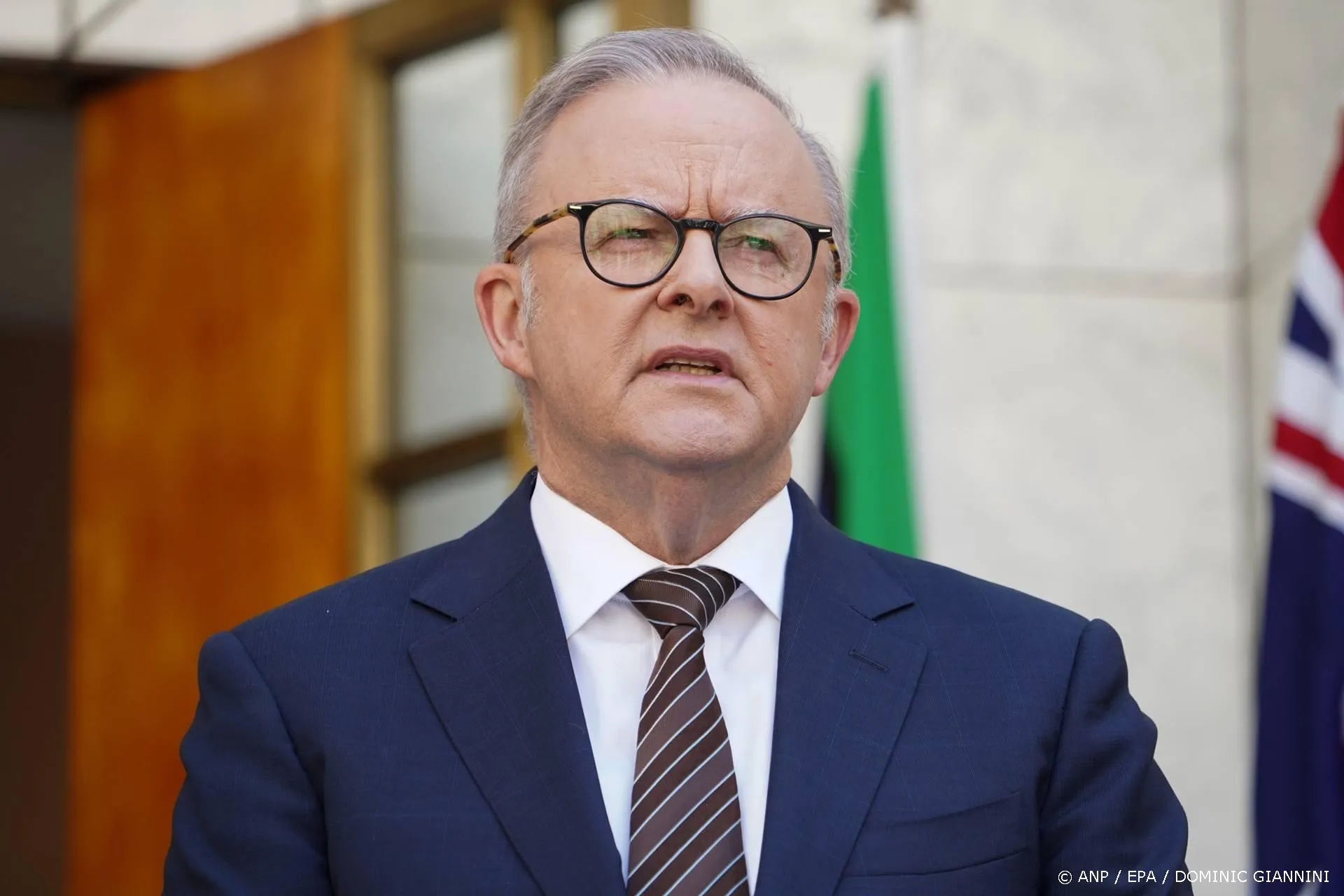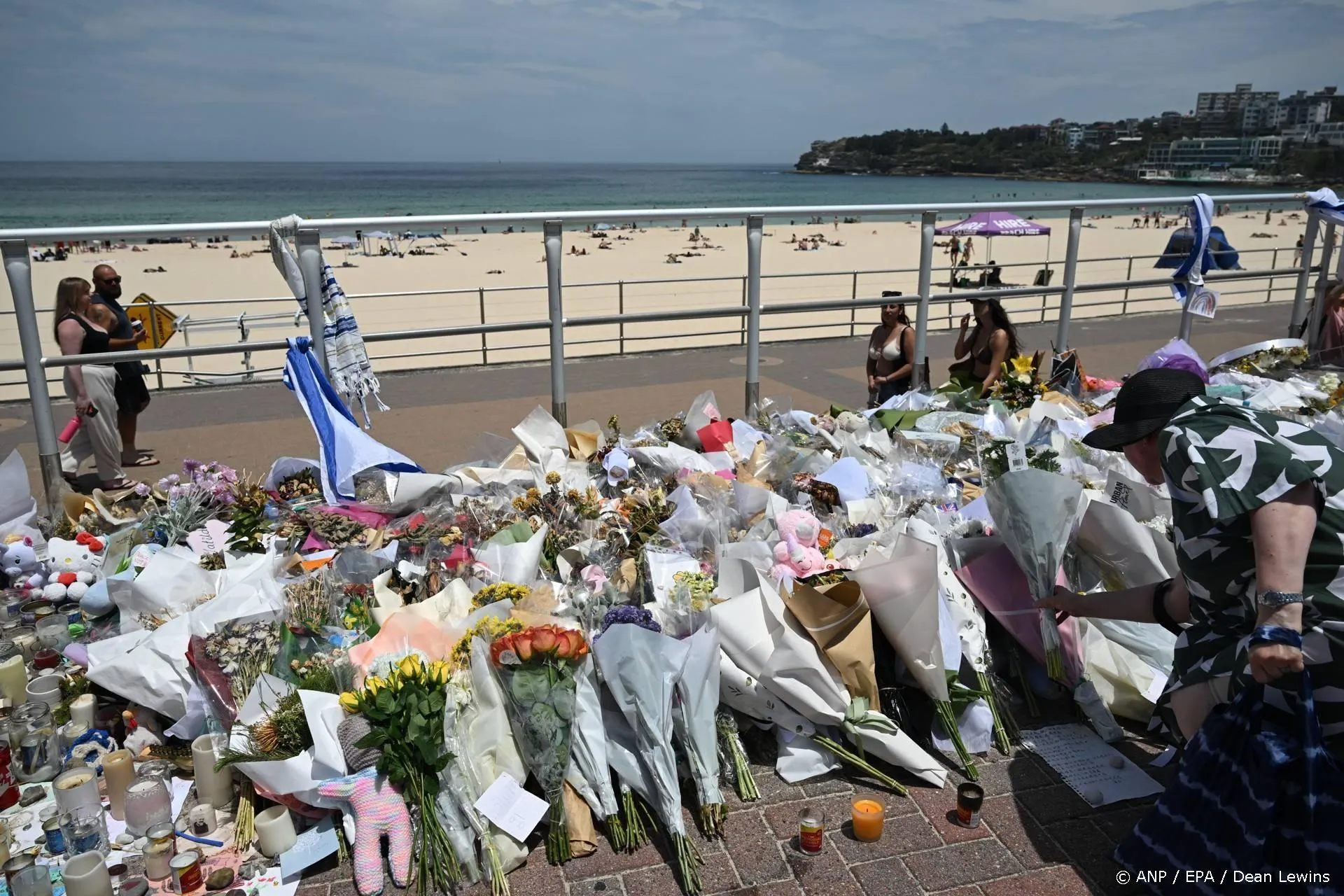VN wil machtsuitbreiding

EXCLUSIVE: After a Year of Setbacks, U.N. Looks to Take Charge of World's Agenda
After a year of humiliating setbacks, United Nations Secretary General Ban ki-Moon and about 60 of his top lieutenants the top brass of the entire U.N. system spent their Labor Day weekend at a remote Austrian Alpine retreat, discussing ways to put their sprawling organization in charge of the worlds agenda.
Details concerning the two-day, closed-door sessions in the comfortable village of Alpbach were closely guarded. Nonetheless, position papers for the meeting obtained by Fox News indicate that the topics included:
-- how to restore climate change as a top global priority after the fiasco of last years Copenhagen summit;
-- how to continue to try to make global redistribution of wealth the real basis of that climate agenda, and widen the discussion further to encompass the idea of global public goods;
-- how to keep growing U.N. peacekeeping efforts into missions involved in the police, courts, legal systems and other aspects of strife-torn countries;
-- how to capitalize on the global tide of migrants from poor nations to rich ones, to encompass a new international migration governance framework;
-- how to make clever use of new technologies to deepen direct ties with what the U.N. calls civil society, meaning novel ways to bypass its member nation states and deal directly with constituencies that support U.N. agendas.
National sovereignty meaning the refusal of major powers like India, China and the United States to go along with sweeping global agendas was specifically indicted for the failure of the much ballyhooed Copenhagen summit on climate change. National sovereignty remains supreme, as one position paper noted.
Nonetheless, the U.N. leaders intend to keep trying to change that, especially when it comes to the climate agenda. The next 40 years will prove pivotal, one paper argues, while laying out the basis of a renewed U.N. climate campaign, the 50-50-50 Challenge.
That refers to a projection that by 2050, the worlds population will reach an estimated 9 billion (50 percent higher than today), at the same time that the U.N.-sponsored Intergovernmental Panel on Climate Change producer of the scandal-tainted 2007 Global Assessment of global warming is calling for a 50 percent reduction in world green house gas emissions.
According to the paper prepared by Secretary General Bans own climate change team, however, the newly rebranded challenge still depends on the same economic remedy proposed for Copenhagen: a drastic redistribution of global wealth, nothing less than a fundamental transformation of the global economy.
Rolling just about every U.N. mantra into one, the paper declares that nothing is more crucial to preventing run-away climate change than lifting billions out of poverty, protecting our planet and fostering long-term peace and prosperity for all.
And to do that, the paper suggests, equally dramatic shifts in political power may be needed. Is the global governance structure, still dominated by national sovereignty, capable of responding with the coherence and speed needed? it asks....
What is at stake, the papers make clear, is not only the alleged betterment of the world, but the U.N.s soaring ambitions for itself no matter what roadblocks national sovereignty may throw in its way.
Lees ook
Loading


